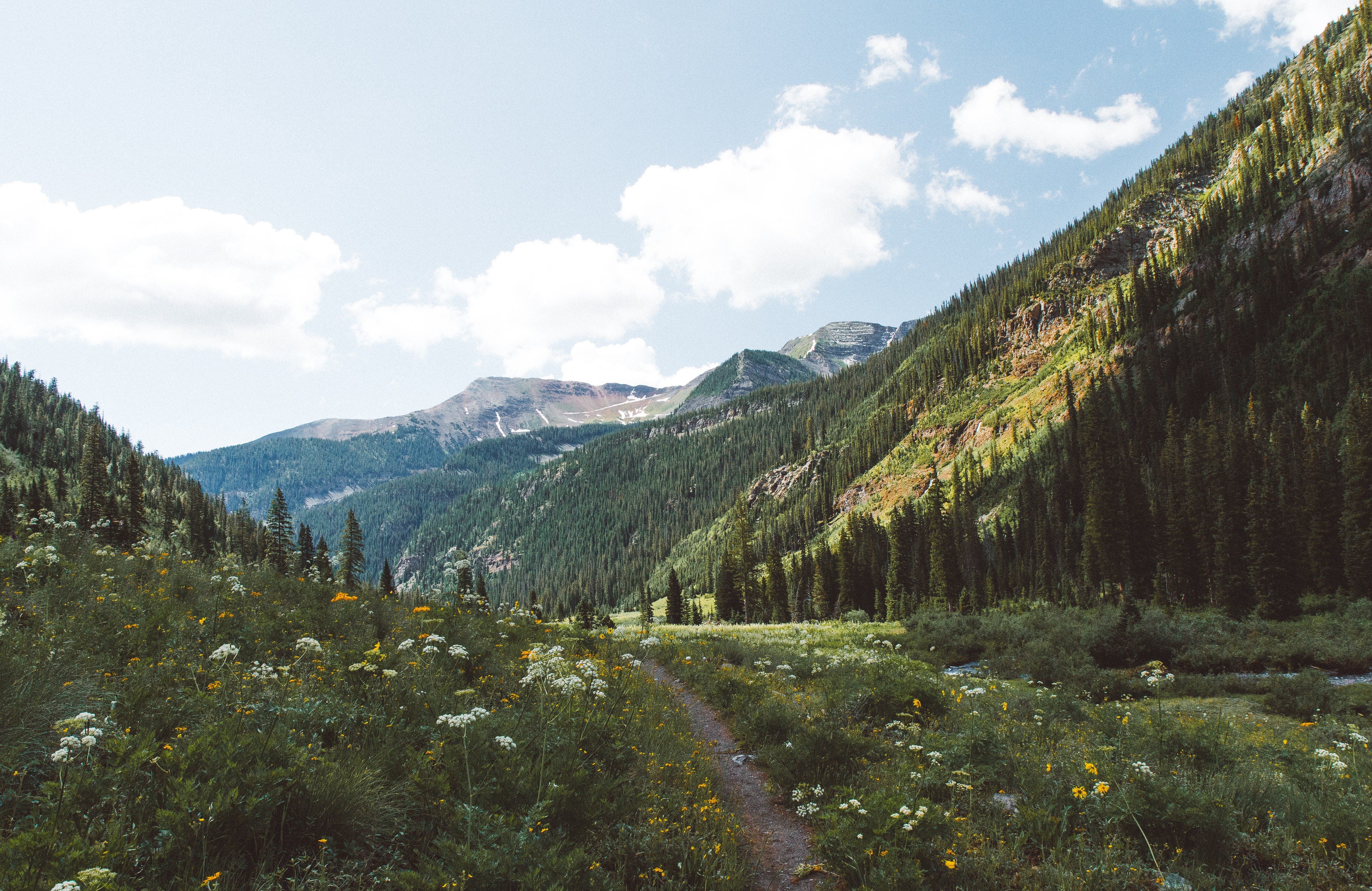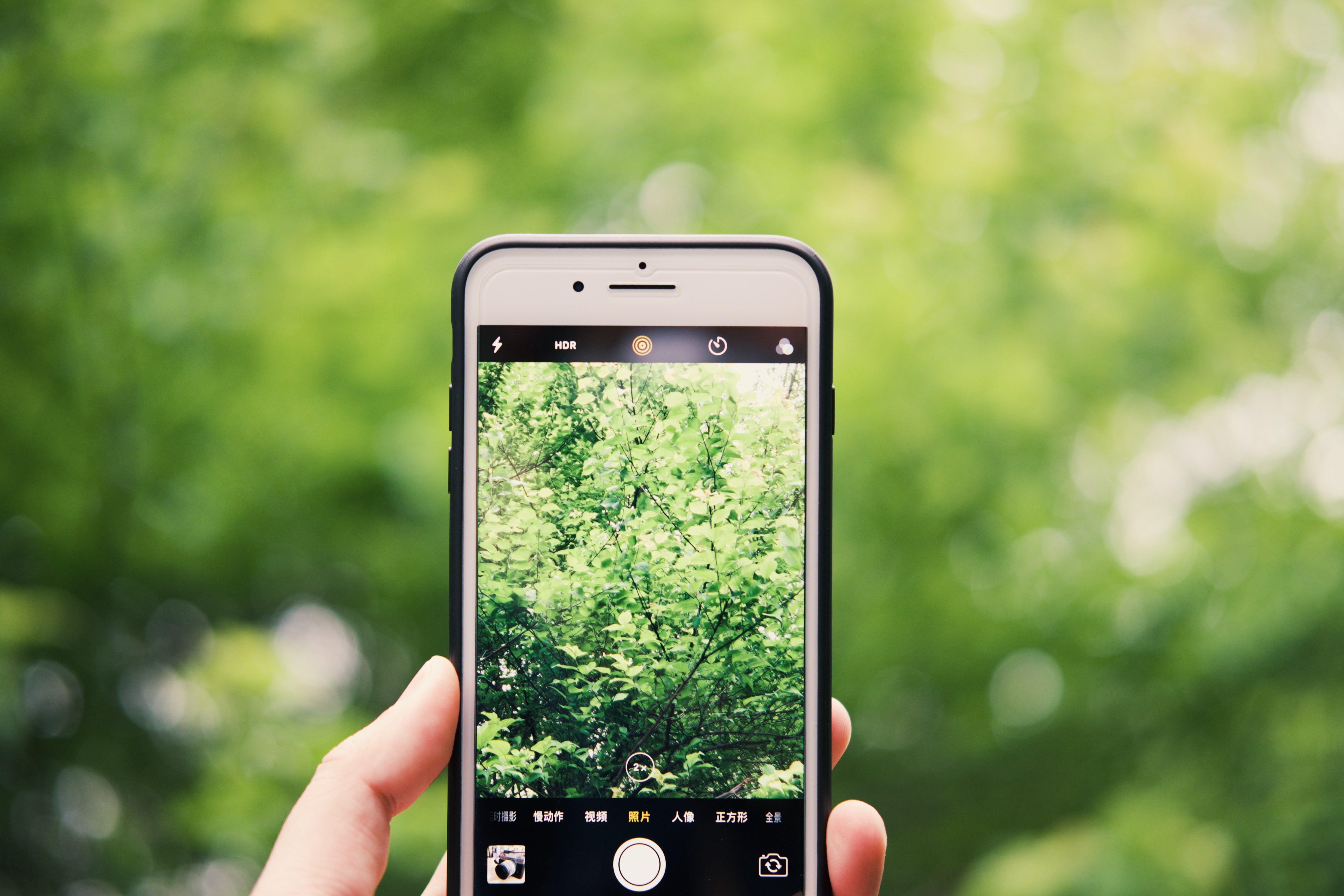Legs crossed, sitting at a coffee table in my high rise condo apartment in Singapore, I normally sit facing the large windows and neighboring condos. I’m lucky that the view is mostly unhindered by new construction, as we have historical shophouses and preserved entities below. There’s a nice wind tunnel that rushes through whenever I prop open our front door, whistling a tune from the patio to our entrance.
I do love living in the city, with its twinkling lights and bubbling murmur. My favorite time is at midnight, sitting on my fake grass patch with a glass of red wine.
But most recently, I’ve been overwhelmed with anxiety and stress. It doesn’t help that I often work from home, with no division of living quarters and office. Sometimes, the rush of the cars below, the incessant honking, the wailing ambulances speeding to the nearby hospital, and those idiots making wheelies with their loud expensive cars — it’s enough to make me go insane.
A few months ago, I had dialed into the Happiness Conference and there was a session conducted by Dr. Öhman, a physician scientist who has studied obesity, cardiovascular diseases and diabetes for the past two decades.
She was a huge advocate of preventive medicine, i.e. healthy lifestyle and holistic wellbeing. Originally from Finland, she had grown up in the great outdoors and later went to research in the United States and now in Singapore. I later reached out to her for a conversational interview on the physical and mental benefits of nature.
When we chat, she mentions the idea of Japanese forest therapy (shinrin-yoku (森林浴)) has inspired her to dive into her research.
National Geographic defines it as having “a purpose of twofold: to offer an eco-antidote to tech-boom burnout and to inspire residents to reconnect with and protect the country’s forests.”
As we are both urban dwellers in Singapore, she mentions that we are both constantly surrounded by stressors in the city: human congestion, light pollution, and noise pollution. Because of that, our sympathetic nervous systems are always activated. I agree — as someone who grew up near the beach and spent every weekend playing tennis at the park or hiking, the stress got the best of me when I stayed at home too much and didn’t go out. The concrete jungle was making it hard to breathe sometimes.
The healthy thing to do is to seek out nature.

When in nature, nothing such applies. Nature always welcomes us and accepts us as we are. Nature is not judging, nor pressuring us to conform in any way, so that can significantly increase our mood and self-esteem almost instantly.
Dr. Miina explained to me what happens to our bodies when we nature bathe.
“Instead of the sympathetic nervous system, which is activated in stress response, the parasympathetic nervous system, which is associated with relaxation and recovery, becomes more active. In the long term, this switch will bring beneficial effects on the body and mental well-being. Spending time in nature can even improve your immune system, especially with natural killer cells that help to combat cancer.”
At work, I’m always “on.” In the city, I’m also always “on.”
There’s constant stimulation, from the pings of my laptop, the buzz of text messages from my phone, and pop up notifications. It becomes a lot.
Not that I’m on edge all the time, but I’m fatigued by constant decision making, the wheels in my brain churning, and the never-ending things to do on my list. In some ways, when I head to the hiking trails or mountains, I can turn off and just exist.

Dr. Miina continued, “This can offer a true sense of calm and ease, and especially the feeling of relaxation. Another important point is that in modern life, we deal with too much pressure and judgment. We all tend to have a role to play, an imaginary mask to wear, we need to dress, look and behave in a certain way, and so on.”
I left our conversation feeling a bit disappointed in myself — I had forgotten about the things I used to love to do. Instead, I dedicated my weekends to my laptop.
Singapore had many beautiful hiking spots I could continue exploring — I had previously gone to MacRitchie Reservoir, Pulau Ubin, Dairy Farm, and Sungei Buloh to seek out nature, but had stopped because it didn’t fit into my work dominated schedule.
Nature was calling and I needed to make the time to nature bathe.
Emily is a US expat currently living in Singapore to learn about the tech communities growing in Asia. In her free time, she is the host for the Asian Female Lead podcast and documents her life journey in digital at The Fang Girl. You can watch her YouTube vlogs.


